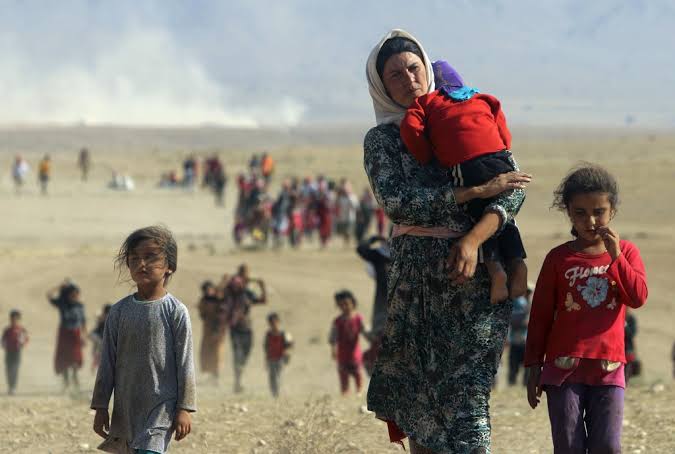In today’s interconnected world, the question of international migration and refugee crises has become an important issue . While migration can bring about positive economic and cultural exchanges, it also creates challenges such as refugee crises and violations of refugee rights. To solve these challenges, it is a must to identify the shortcomings of current international migration policies, prevent refugee crises, improve refugee rights, and enhance inter-country cooperation.
Refugees face a variety of political, social and economic challenges on a daily basis. Main challenge that is commonly faced by refugees is the government not accepting them into the country. Countries accept very limited number of refugees into their countries. Refugees may not be allowed to have legal documents, which means that they are stateless, and can’t find work. Even if they find job, they might find themselves with long work hours and lower wages.
Another challenge they face is economical. Finding employment is really hard for refugees, especially if they are not educated, or they have no experience.
Language barrier is another issue for the refugees. Without learning how to speak, read, and write in the language of the immigrated country, they cannot communicate, they cannot find job, they can not get an education, and they may not be given citizenship. This brings social problems and makes cultural integration more difficult.
To overcome the above-mentioned problems of the refugees and to improve the refugee rights, international migration policies have an important role. Refugees are among the most vulnerable populations, often facing discrimination, exploitation, and violations of their basic rights. To deal with this, countries must fulfill their international obligations under the Refugee Convention and other relevant human rights agreements. This includes ensuring access to asylum procedures, protection from refoulement, and sufficient support for refugees’ social, economic, and psychological needs.
Moreover, enhancing inter-country cooperation is essential for solving the complex challenges caused by migration and refugee crises. This requires greater collaboration and coordination among the origin, transit, and destination countries. Besides, with international organizations, non governmental organizations (NOGs) , and civil society actors must also be involved in this process . Sharing best practices, information, and resources can help improve the effectiveness of migration policies and ensure a more sustainable and humane response to refugee crises.
In conclusion, solving the shortcomings of international migration policies, preventing refugee crises, improving refugee rights, and enhancing inter-country cooperation are critical steps toward creating a more fair and sustainable approach to migration. By adopting a collaborative approach, policymakers can better respond to the challenges caused by migration and refugee crises while protecting the rights of all individuals affected. Only through collective action and shared responsibility, we can build a more peaceful global community.

Refugee Crisis
(Visited 18 times, 1 visits today)
